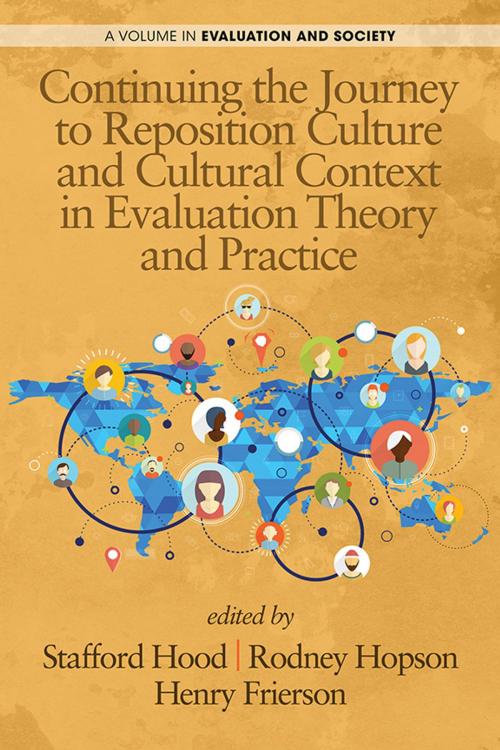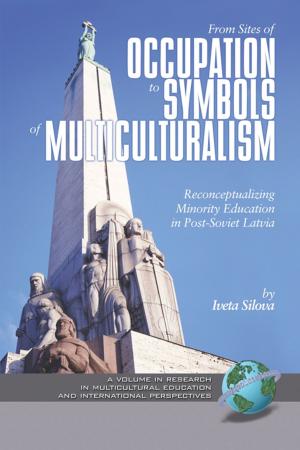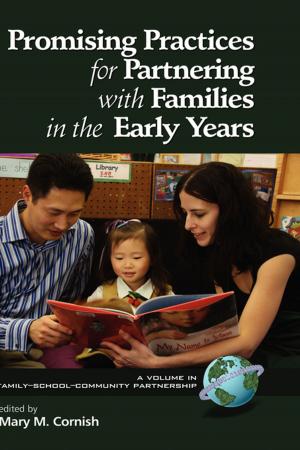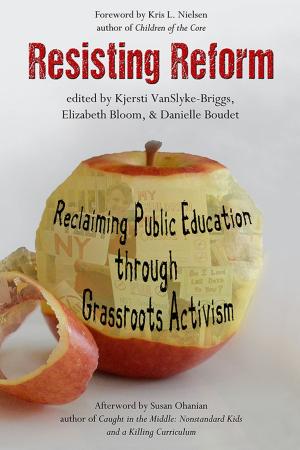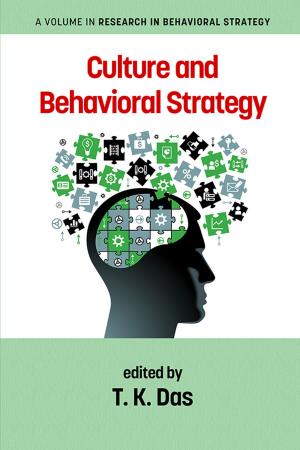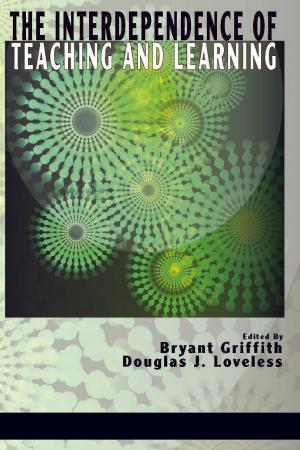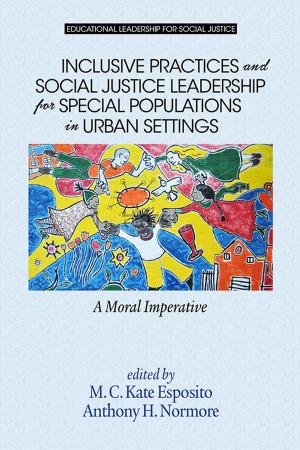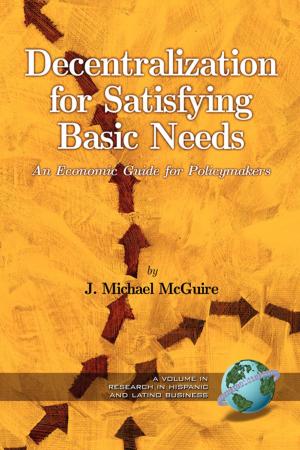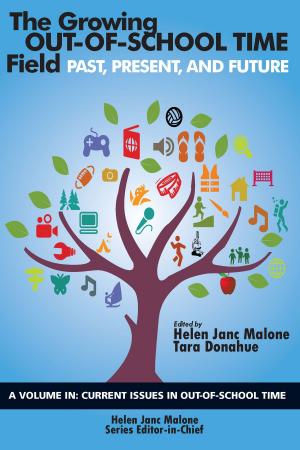Continuing the Journey to Reposition Culture and Cultural Context in Evaluation Theory and Practice
Nonfiction, Reference & Language, Education & Teaching, Educational Theory, Evaluation| Author: | ISBN: | 9781623969370 | |
| Publisher: | Information Age Publishing | Publication: | December 1, 2014 |
| Imprint: | Information Age Publishing | Language: | English |
| Author: | |
| ISBN: | 9781623969370 |
| Publisher: | Information Age Publishing |
| Publication: | December 1, 2014 |
| Imprint: | Information Age Publishing |
| Language: | English |
Racial, ethnic, linguistic, and cultural diversity has become of global importance in places where many never would have imagined. Increasing diversity in the U.S., Europe, Africa, New Zealand, and Asia strongly suggests that a homogeneitybased focus is rapidly becoming an historical artifact. Therefore, culturally responsive evaluation (CRE) should no longer be viewed as a luxury or an option in our work as evaluators. The continued amplification of racial, ethnic, linguistic, and cultural diversity and awareness among the populations of the U.S. and other western nations insists that social science researchers and evaluators inextricably engage culturally responsive approaches in their work. It is unacceptable for most mainstream university evaluation programs, philanthropic agencies, training institutes sponsored by federal agencies, professional associations, and other entities to promote professional evaluation practices that do not attend to CRE. Our global demographics are a reality that can be appropriately described and studied within the context of complexity theory and theory of change (e.g., Stewart, 1991; Battram, 1999). And this perspective requires a distinct shift from “simple” linear causeeffect models and reductionist thinking to include more holistic and culturally responsive approaches. The development of policy that is meaningfully responsive to the needs of traditionally disenfranchised stakeholders and that also optimizes the use of limited resources (human, natural, and financial) is an extremely complex process. Fortunately, we are presently witnessing developments in methods, instruments, and statistical techniques that are mixed methods in their paradigm/designs and likely to be more effective in informing policymaking and decisionmaking. Culturally responsive evaluation is one such phenomenon that positions itself to be relevant in the context of dynamic international and national settings where policy and program decisions take place. One example of a response to address this dynamic and need is the newly established Center for Culturally Responsive Evaluation and Assessment (CREA) in the College of Education at the University of Illinois at UrbanaChampaign. CREA is an outgrowth of the collective work and commitments of a global community of scholars and practitioners who have contributed chapters to this edited volume. It is an international and interdisciplinary evaluation center that is grounded in the need for designing and conducting evaluations and assessments that embody cognitive, cultural, and interdisciplinary diversity so as to be actively responsive to culturally diverse communities and their aspirations. The Center’s purpose is to address questions, issues, theories, and practices related to CRE and culturally responsive educational assessment. Therefore, CREA can serve as a vehicle for our continuing discourse on culture and cultural context in evaluation and also as a point of dissemination for not only the work that is included in this edited volume, but for the subsequent work it will encourage.
Racial, ethnic, linguistic, and cultural diversity has become of global importance in places where many never would have imagined. Increasing diversity in the U.S., Europe, Africa, New Zealand, and Asia strongly suggests that a homogeneitybased focus is rapidly becoming an historical artifact. Therefore, culturally responsive evaluation (CRE) should no longer be viewed as a luxury or an option in our work as evaluators. The continued amplification of racial, ethnic, linguistic, and cultural diversity and awareness among the populations of the U.S. and other western nations insists that social science researchers and evaluators inextricably engage culturally responsive approaches in their work. It is unacceptable for most mainstream university evaluation programs, philanthropic agencies, training institutes sponsored by federal agencies, professional associations, and other entities to promote professional evaluation practices that do not attend to CRE. Our global demographics are a reality that can be appropriately described and studied within the context of complexity theory and theory of change (e.g., Stewart, 1991; Battram, 1999). And this perspective requires a distinct shift from “simple” linear causeeffect models and reductionist thinking to include more holistic and culturally responsive approaches. The development of policy that is meaningfully responsive to the needs of traditionally disenfranchised stakeholders and that also optimizes the use of limited resources (human, natural, and financial) is an extremely complex process. Fortunately, we are presently witnessing developments in methods, instruments, and statistical techniques that are mixed methods in their paradigm/designs and likely to be more effective in informing policymaking and decisionmaking. Culturally responsive evaluation is one such phenomenon that positions itself to be relevant in the context of dynamic international and national settings where policy and program decisions take place. One example of a response to address this dynamic and need is the newly established Center for Culturally Responsive Evaluation and Assessment (CREA) in the College of Education at the University of Illinois at UrbanaChampaign. CREA is an outgrowth of the collective work and commitments of a global community of scholars and practitioners who have contributed chapters to this edited volume. It is an international and interdisciplinary evaluation center that is grounded in the need for designing and conducting evaluations and assessments that embody cognitive, cultural, and interdisciplinary diversity so as to be actively responsive to culturally diverse communities and their aspirations. The Center’s purpose is to address questions, issues, theories, and practices related to CRE and culturally responsive educational assessment. Therefore, CREA can serve as a vehicle for our continuing discourse on culture and cultural context in evaluation and also as a point of dissemination for not only the work that is included in this edited volume, but for the subsequent work it will encourage.
